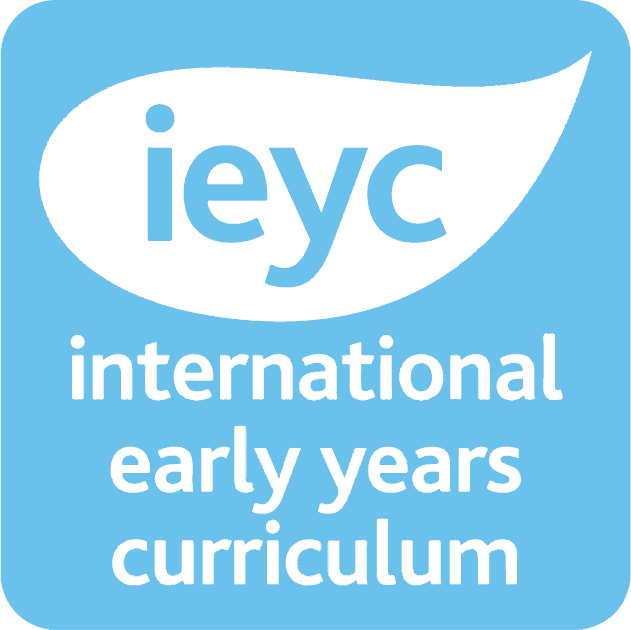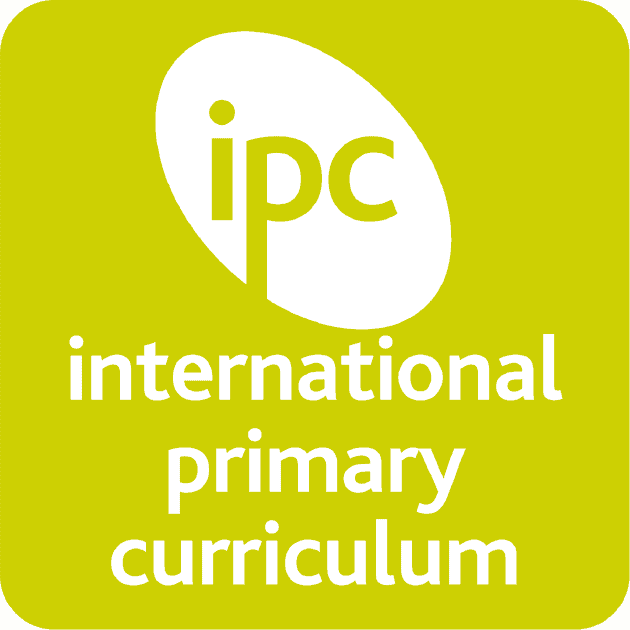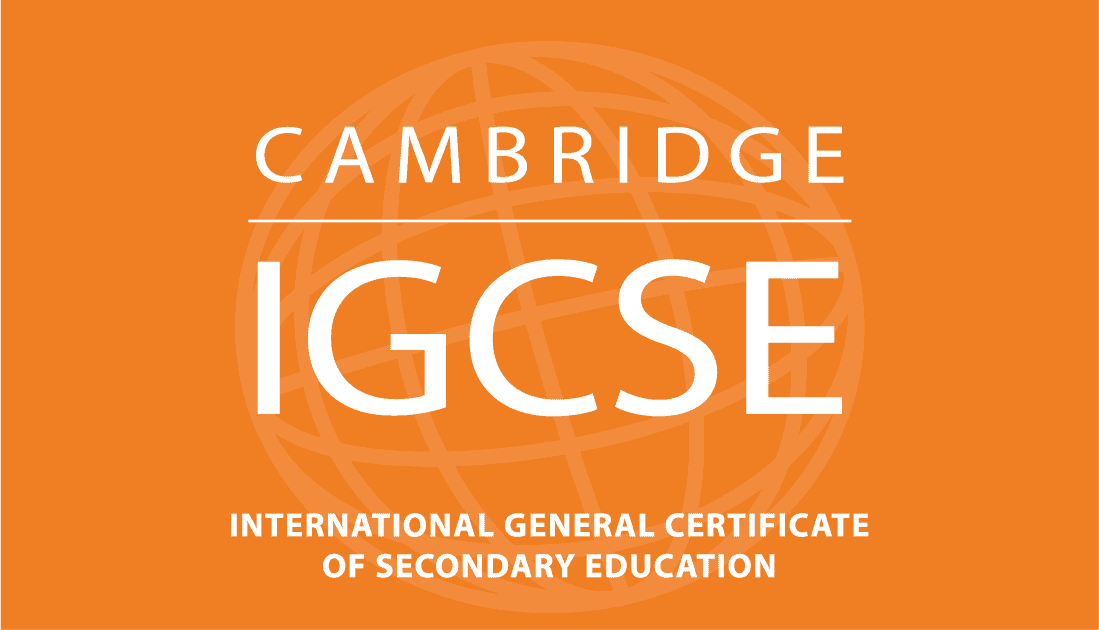Table of Contents
Reading is a fundamental trait for academic performance and personal growth. It supports higher brain function, vocabulary, and comprehension, rendering learning enjoyable. The benefits of reading for students include exposure to multiple opinions and ideas, cultivating creativity, emotional regulation, and social awareness beyond academics.
This article describes how developing a regular reading habit helps kids learn to interpret information, communicate persuasively, and adjust to new challenges.
Cognitive and Academic Benefits
Strengthens Concentration and Retention:
Reading boosts attention and memory by teaching the brain to stay focused for extended periods. It supports increased cognitive ability, attention span, and knowledge retention by establishing neuronal connections. Engaging with complicated literature builds students’ knowledge recall and enables in-depth understanding and mental flexibility.
Promotes Writing Skills and Vocabulary:
Regular reading introduces students to newer words, refining their creative writing capabilities. It clarifies concepts like sentence structure, grammar, and diverse linguistic styles, helping them convey their unique ideas. A broader word vocabulary and improved writing abilities help students succeed in academics and communicate better.
Boosts Interpretation and Critical Analysis:
Reading improves interpretation and comprehension by enabling learners to assess information and recognise themes and viewpoints. It strengthens reasoning and encourages logical thinking, forming well-supported beliefs. Engaging with varied text forms boosts the ability to analyse resources and develop problem-solving and decision-making abilities.
Enhances Learning Across All Subjects:
Reading increases understanding, inquiry, and reasoning abilities, helping students to excel academically. Pupils with higher reading capability can better grasp complicated topics in science and humanities subjects. This exposure to diverse texts after their admission procedure in schools boosts curiosity, allowing for improved comprehension and learning outcomes.
Social and Emotional Benefits
Lowers Stress and Promotes Relaxation:
Reading relieves tension and boosts relaxation by offering a respite from real-world worries. A good book will lower anxiety, refresh the mind, and uplift the mental state. It helps control cortisol levels, promoting calm and peace, making reading a powerful way to relax and decompress your brain.
Fuels Imagination Through Storytelling:
Reading sparks creativity by immersing pupils in new settings, characters, and concepts. This exposure to their ability supports visualisation and creative thinking, helping them generate fresh ideas. It fosters curiosity, encourages creative expression, and allows kids to explore fresh viewpoints, instilling a love for innovative thinking.
Instils a Growth Mindset and Love for Learning:
Reading allows learners to gain a growth mindset by introducing them to new ideas, obstacles, and ways to resolve issues. It fosters persistence and adaptability, driving them to pursue new information constantly. It creates a desire for lifelong learning by interacting with varied topics, realising intellect and skills grow with effort.
Refines Articulation and Social Interaction:
Reading builds vocabulary and refines sentence syntax. This exercise allows students to articulate their ideas better. Exposure to new opinions boosts social communication skills, making interactions more meaningful. Learners gain persuasive speaking and active listening skills, ultimately increasing their confidence via participation in book discussions.
Practical Strategies to Cultivate a Reading Habit
Cultivating a persistent reading habit improves learning, innovative thinking, and intellectual capacity. Students can enjoy and sustain the above-shared benefits of reading by implementing the following practical strategies:
Establish a Daily Reading Schedule:
Establishing a specific time for reading each day promotes continuity to make reading a habit. A routine, either before bed or after school, increases attention and ensures consistent growth towards reading proficiency over time.
Find Books Aligning with Your Tastes:
Choosing books that fit your unique interests makes the reading experience fun and intriguing. Finding themes you enjoy can increase motivation, stimulate learning, and create an everlasting enthusiasm for learning through books and literature.
Join Book Clubs for Shared Experiences:
Engaging in book clubs sparks conversation and comprehension to make reading enjoyable. Engaging with peers promotes broad viewpoints, improves communication skills, and offers motivation to pursue a consistent reading habit whilst enjoying social gatherings.
Swap Digital Distractions with Books:
Switching unnecessary screen time for books increases attention, decreases stress, and boosts brain power. Picking reading over scrolling improves focus, broadens knowledge, and fosters a more rewarding habit that enhances academic and individual growth.
Track Growth with Attainable Plans:
Creating small, attainable reading objectives, like completing a chapter per day, boosts confidence and drive. Tracking progress promotes consistency and progressively boosts reading endurance, resulting in a consistent and more satisfying reading habit with time.
Conclusion
Reading is a tool capable of making people change for the better. It’s also able to improve children’s minds, advance academic achievement, and advance human development. Reading improves thinking capacities, communication skills, and creativity, alleviates stress, and promotes lifelong education.
At international schools in Cambodia, students read incessantly to cultivate thinking skills, sense, and an expansive view. It has an edge beyond class to promote a relentless thirst for education. It enhances language skills, widens vocabulary, and enhances emotional intelligence, which allows students to communicate. By reading literature with varying perspectives, young minds become culturally conscious, problem solvers, and enjoy lifelong learning.



























